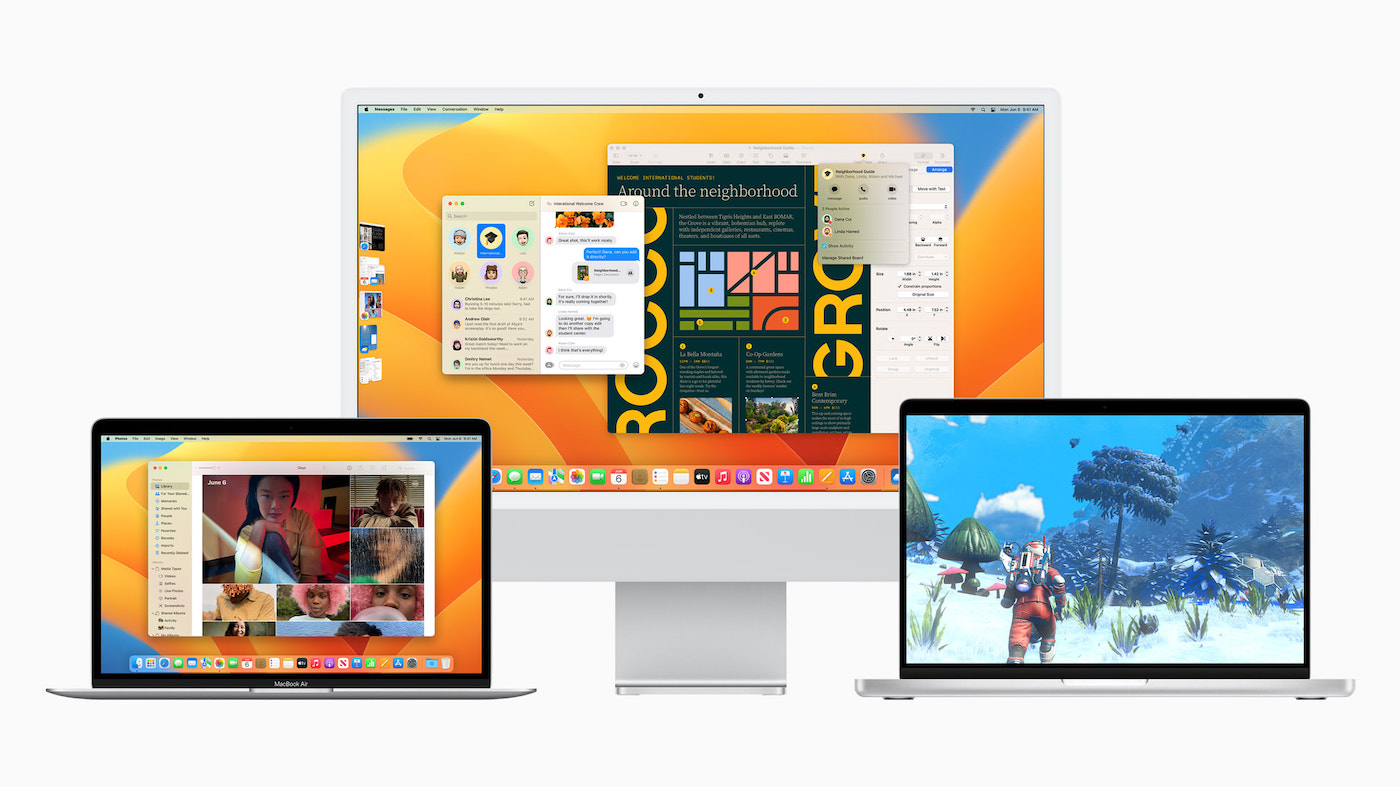Ariane 6 delay directly benefits SpaceX
Stopping flights Soyuz following the entry into the war Russia and the postponement of the first launch ofAriadne 6 had rather unfortunate consequences for the European aerospace industry, which is no longer in a position to place satellites in orbit. We thus learn that the scientific satellite Euclid, whose prime contractor is none other than Thales Alenia Space Italy, will finally embark in 2023 aboard a SpaceX Falcon 9 rocket. Initially, the satellite was to be placed in orbit by a Soyuz rocket and then by the Ariane 6 launcher. Even more distressing, it was the ESA that chose to entrust the launch to Elon Musk’s space company: “This is a temporary measure that we are taking due to the interruption of Soyuz firings and while waiting for the ramp-up of Ariane 6” thus declared Joseph Aschbacherthe Director General of ESA.
In addition to Euclid, the European probe Hera, who will study the asteroid recently deflected by DART, will also take off aboard a SpaceX rocket. However, the launch is only scheduled for November 2024, but Ariane 6 is so late that we already know that the big launcher will not be ready on that date. The only small consolation, the Italian satellite EarthCARE ((Earth Clouds, Aerosols and Radiation Explorer), intended for the observation of the Earth’s atmosphere, will be launched on 24 April next by the European launcher Vega C from the Guiana Space Center (CSG).
As for the next satellites in the Galileo constellation, they are currently awaiting the green light for Ariane 6. Space Europe is therefore lagging behind its competitor SpaceX… at least on the commercial satellite launch market. . All you have to do is cross your fingers that Ariane 6 is just as reliable as Ariane 5.

